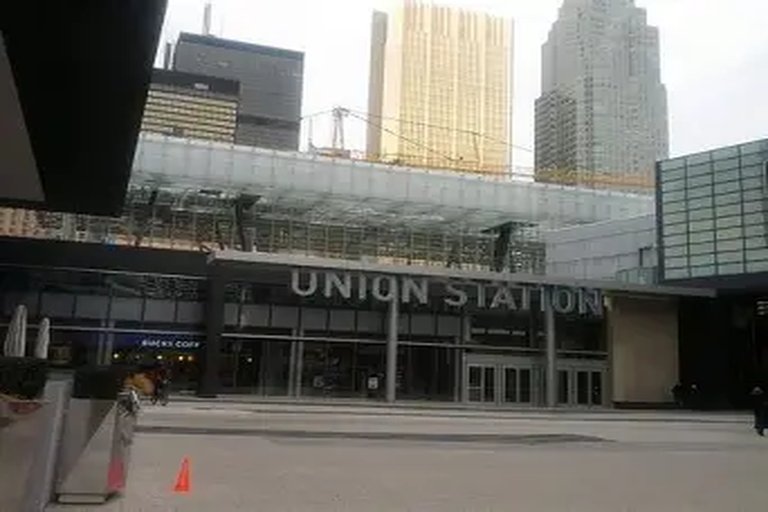Union Station Renovation Project Enters Final Phase
Toronto’s iconic Union Station is nearing completion of a decade-long renovation, bringing expanded passenger amenities and restored architectural details.
By Frontier Echo Editorial Team | June 17, 2025 at 19:46

In an effort to tackle food insecurity and promote sustainable living, a new wave of community gardens has taken root in Toronto’s east end. The expansion, led by the Urban Greenspace Initiative, adds over 20 new plots and a series of educational programs designed to empower residents through urban agriculture.
Launched at a ribbon-cutting event in Riverdale Park, the project drew support from city officials, school groups, and local nonprofits. “Community gardens do more than just grow food—they cultivate connection, purpose, and wellness,” said Emma Zhao, program director of the initiative.
The new garden plots are open to residents on a first-come, first-served basis, with priority given to low-income households and senior citizens. Each plot comes with access to tools, compost bins, and mentorship from experienced urban gardeners. Raised beds are wheelchair accessible, ensuring the program is inclusive.
For many in the neighborhood, the project fills a gap left by shrinking green spaces and limited access to fresh produce. “We live in a food desert,” said participant Mohammed Al-Farsi. “Having this garden helps us eat better and teaches my kids where food really comes from.”
Workshops on composting, permaculture, and seed-saving are also part of the initiative. These free classes are open to the public and held every weekend throughout the summer. Organizers hope to not only nourish residents but also educate and empower them to start their own sustainable practices.
The expansion has received funding from the City of Toronto’s Green Infrastructure Grant and additional support from private sponsors. Plans are underway to install rainwater collection systems and solar lighting, making the gardens more environmentally resilient and cost-effective to maintain.
Local schools have partnered with the project to incorporate garden-based learning into their curriculum. “It’s one thing to read about ecosystems in a textbook, but entirely different to experience it firsthand,” said teacher Rachel Leung, whose class will maintain a pollinator-friendly bed of native flowers.
Neighborhood response has been overwhelmingly positive. Passersby frequently stop to compliment the colorful rows of kale, tomatoes, and herbs, or to strike up conversations with gardeners tending to their plots. The space has become a hub of interaction, shared knowledge, and mutual respect.
Organizers believe this expansion marks only the beginning of a broader transformation. “This is about reclaiming land for people, not just developers,” Zhao emphasized. “It’s about reimagining what our urban future could look like—greener, fairer, and more rooted in community.”
As Toronto continues to grow and densify, community gardens like these are becoming more vital than ever. For residents of the east end, the newly planted rows are more than just vegetables—they’re seeds of hope, resilience, and change.
Enrollment for fall garden plots opens next month, with a waiting list already forming. The Urban Greenspace Initiative is calling on volunteers, donors, and local businesses to help sustain the momentum and keep the garden blooming year-round.